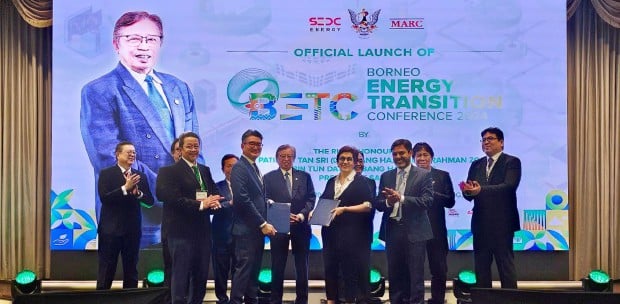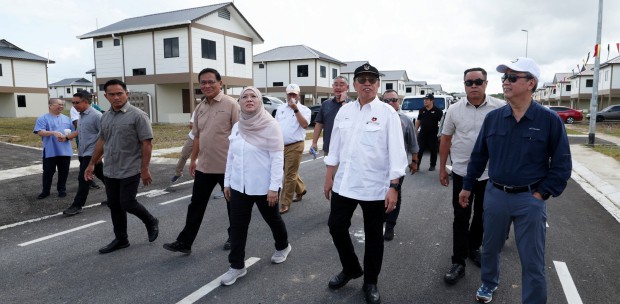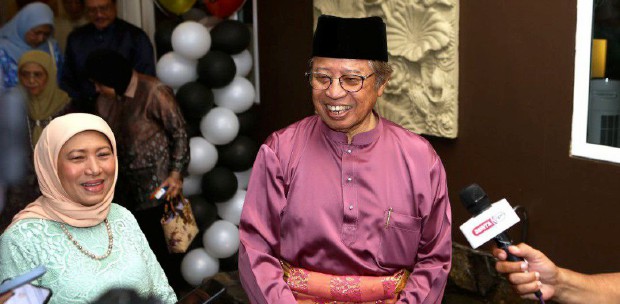Premier Tan Sri Abang Johari Openg has lofty plans to give Sarawak developed status by the end of the decade.
Such a whole-of-Sarawak transformational exercise will be decades in the making but Abang Johari is putting in place strong foundations, even if some of his ideas may appear to critics as overly ambitious.
Sarawak clearly has Singapore in mind, with hopes of, as the city-state's founding father Lee Kuan Yew put it in his memoirs, going "From Third World to First" in a generation.
There are striking comparisons (and contrasts) between the two, which shared a short two years together in federation.
Singapore started out with roughly a similar population as Sarawak, but the former has all of that squeezed into the size of a city.
Sarawak has a vast hinterland that is underpopulated. Singapore had the smarts to turn the absence of a hinterland into an asset. Sarawak must develop the smarts to turn its hinterland into a sustainable wealth-generating asset.
For a while it looked like Sarawak had fallen into the classic resource curse as its vast timber wealth was squandered to benefit a select few.
To be sure, some of the wealth was salted away as official reserves but, as a local observer once put it, it could have been a lot more.
Abang Johari is now making up for lost time by trying to put those reserves to good use with a massive infrastructure push.
He hopes to also leverage Sarawak's green assets into a sustainable wealth generator.
But Sarawak, like Singapore before it, faces a potential Achilles heel in that both are unable to tap their small populations for demographic dividends in the way China's economic success did and India's or Indonesia's potentially can.
Sarawak's (and Malaysia's) economic strides of recent decades, particularly the shift to oil palm plantations from logged-out forests, were possible on the back of a ready supply of cheap foreign labour.
We are adjusting to the foreign-labour tap slowing down.
Singapore's population crunch is qualitatively different.
There, the demands for building a global financial centre meant policy tweaks designed to attract an army of mostly expatriate white-collar workers to staff the city-state's financial and other corporate suites.
It is for this reason that the Sarawak government's focus on regularising its stateless population is welcome.
The regularisation process in individual cases can be laborious and even tragic from a humanitarian angle.
A case was recently highlighted where a 20-something youth finally got temporary papers because the marriage of his Malay-sian father and Indonesian mother was registered only after his birth. His siblings born later faced no such problem.
Children faced with these bureaucratic conundrums grow up with uncertain futures as they are denied access to education and medical care Malaysians take for granted.
Ways must be found to treat such cases as bona-fide Sarawa-kians, except in exceptional circumstances.
Abang Johari was right when he called for public cooperation to help identify such cases "because we love children and they must be given access to education and healthcare so that they can grow up to lead good, successful lives…."
In the same vein, the Sarawak government must come up with innovative solutions permitted under its immigration autonomy to ease controls so qualified foreigners (and non-Sarawak Malaysians) get an express pass to contribute to making the Sarawak dream of a high-income state a reality.
The state will need all the hands it can get hold of on deck if this dream is to stand a chance.
A happy and prosperous Sarawak, as Abang Johari recently noted, is a net positive in terms of national development.
The writer views developments in the nation, region and wider world from his vantage point in Kuching
The views expressed in this article are the author's own and do not necessarily reflect those of the New Straits Times






